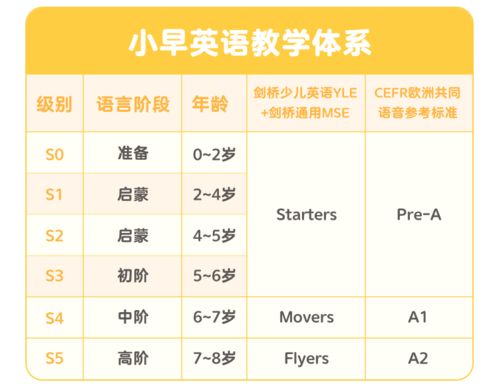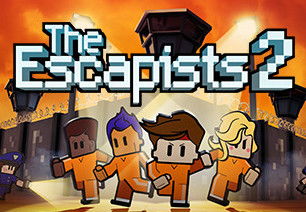来源:小编 更新:2024-11-25 09:59:51
用手机看

Game-based learning has emerged as a powerful tool in the realm of education, particularly in the field of language acquisition. English game-based learning offers a dynamic and engaging approach to teaching and learning English, making the process both fun and effective. This article explores the benefits of using games for English language output and provides a variety of games that can be used to enhance language skills.

One of the primary advantages of using games for English language learning is the increased motivation and engagement of students. Games create a more interactive and immersive learning environment, which can lead to higher levels of participation and enjoyment. Additionally, game-based learning encourages students to practice English in a context that is relevant and meaningful to them, which can improve their overall language proficiency.
Here are some key benefits:
Increased motivation and engagement
Improved language skills through practical application
Enhanced memory retention
Development of critical thinking and problem-solving skills

There are numerous types of English games that can be used to promote language output. Here are some popular options:

Role-playing games allow students to take on different characters and engage in conversations in English. This can be particularly effective for practicing dialogue and role-playing scenarios that mimic real-life situations.

Board games such as Scrabble or Boggle can be adapted for English language learning. They encourage students to use new vocabulary and practice spelling and grammar in a fun and competitive environment.

These games involve students in creating and telling stories, which can help them practice narrative structures, vocabulary, and descriptive language.

There are many language learning apps available that offer interactive games and activities designed to improve English language skills. These apps often include features like quizzes, pronunciation practice, and vocabulary building.

Here are some specific games that can be used to enhance English language output:

Word search puzzles can help students expand their vocabulary and practice recognizing and using new words in context.

Story Cubes are dice with pictures on each face. Students roll the dice and use the images to create a story, which can be a great way to practice descriptive language and creative writing.

Charades is a classic game that can be adapted for English language learning. Students act out a word or phrase in English, and others must guess what it is. This game is excellent for practicing vocabulary and pronunciation.

English Bingo can be a fun way to practice listening skills and vocabulary. Students can create their own bingo cards with English words or phrases, and the teacher calls out words for them to mark off.

Integrating games into English language learning can be as simple as incorporating a few minutes of game play into each lesson. However, for the best results, it's important to consider the following tips:
Choose games that are appropriate for the students' age and level of English proficiency.
Set clear objectives for each game to ensure that language learning goals are being met.
Encourage collaboration and communication among students.
Monitor student progress and adjust the difficulty of games as needed.

English game-based learning is a valuable tool for promoting language output and enhancing overall language proficiency. By incorporating a